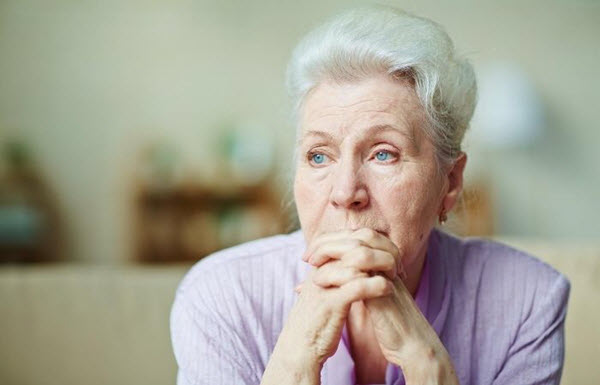Would it surprise you to learn that chronic loneliness can decrease your lifespan as much as 26%? That works out to two decades less to live your life, which is a bigger decrease than alcoholism or obesity. This is a uniquely western problem — success is measured in the ability to afford to live alone or as a nuclear family, which is actually worse for our health in the long run. There is a real and measurable deleterious effect on health and life expectancy from loneliness, and that also results in higher healthcare and end of life care costs in the long run.
The American Loneliness Problem
In 2018, 54% of Americans said they felt lonely all or some of the time. By 2019 that figure had risen to 61%. These people often report that no one around them shares their interests, that no one really knows them very well, or that no one respects their abilities.
By generation, the younger generations are by far the loneliest. GenZ, Millennials, and GenX are the most lonely generations overall, but loneliness has more dire consequences for the older generations. 18% of suicide deaths are senior citizens, the highest percentage for any age group
77% of those who feel lonely say they lack a social support system. People need friends and neighbors they can depend on for help when they need it, advice they consider trustworthy, and someone to share activities with them.
Unfortunately the American ideal of success often works against this. The cost of living is high, but expectations for a big house, a small family, and two cars is at an all-time high. There are fewer people living in larger houses that necessitate more income, which means less time to spend together as a family, let alone with friends. Multigenerational homes where families would share expenses and be in closer quarters are seen as a failure.
How Health Impacts Loneliness

People who have health conditions, physical disabilities, mental illness, and others are more prone to becoming lonely. These conditions already make it more challenging to maintain friendships, and they can often complicate even the simplest act of getting out of the house to enjoy an activity.
There is a 374% higher instance of both depression and psychological distress among people who are in poor health, and people who are lonely are 278% more likely to have chronic health problems. It’s difficult to tell which is causing which, but the correlation is far too strong to ignore.
People with substance abuse problems, chronic physical illnesses, and dementia or Alzheimer’s are more likely to feel lonely. What’s more, people who feel lonely are more likely to develop diabetes, heart disease, and substance abuse disorders.
Physically, loneliness leads to an increase in norepinephrine levels which can cause spikes in white blood cell counts that leads to inflammation. This can also decrease immunity, leading to still more health problems.
In seniors, increased loneliness can increase the risk of death by 14%.
Adult Daycare To The Rescue
In many communities, community centers provide seniors with access to daytime care. These are places where people can get meals, meet new friends and socialize, have opportunities for exercise that meets their physical needs, and more.
Staving off loneliness can add years to life and life to years. It also has a measurable impact on healthcare and end of life care spending. People who attend adult daycare facilities experience fewer ER visits and hospital admissions, and when they do have to be admitted to the hospital they spend less time there on average. For dementia patients, attending adult daycare staves off cognitive decline.
After a stroke, patients are likely to suffer greater loneliness and feelings they can’t participate in activities like they used to. Unfortunately when patients give into this loneliness it can result in a greater risk of depression and less ability to fully recover. People need others to help with their recovery, and adult daycare centers provide this to people who don’t have communities that can help them.
Loneliness costs us all in terms of health and healthcare costs. Providing seniors and those living with disabilities the opportunity to have their physical and social needs met prevents many preventable problems. Learn more about challenging the loneliness epidemic with adult daycare below.
Please include attribution to with this graphic.